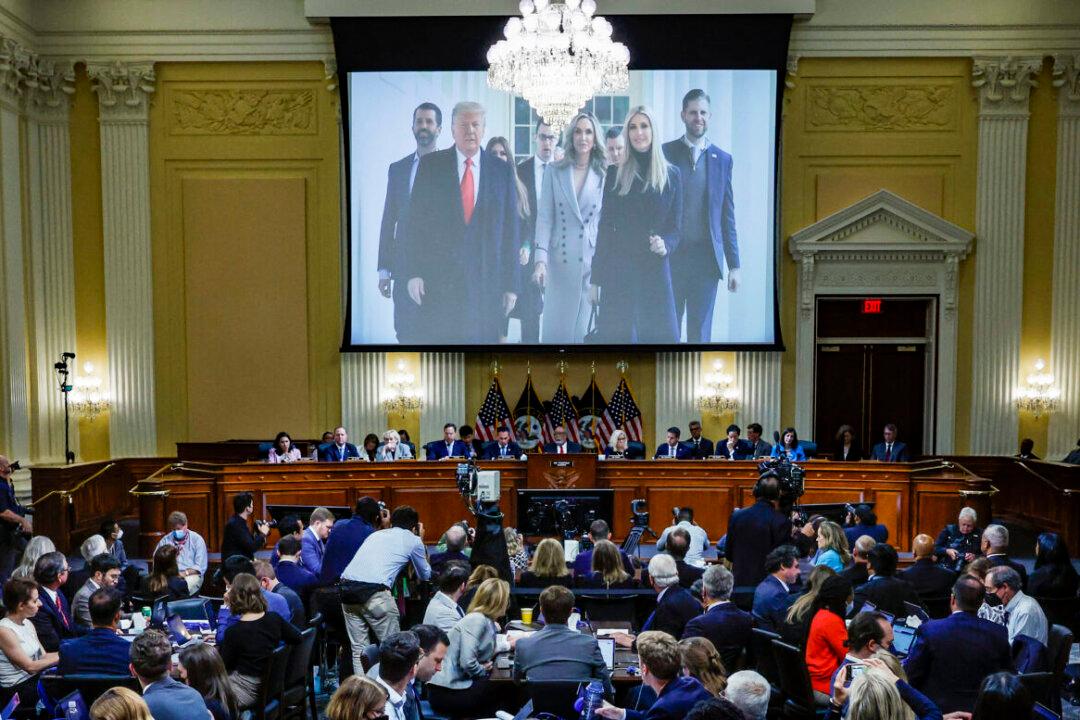During its third day of hearings, the House January 6 Committee focused on the ways that it claimed President Donald Trump put Vice President Mike Pence’s life “in danger” during the January 6 Capitol breach, particularly emphasizing behind-the-scenes debates about using an ambiguous clause of the 12th amendment to halt certification of electors from contested states.
“We’re going to show that that pressure campaign directly contributed to the attack on the Capitol, and it put the vice president’s life in danger,” a committee aide told reporters during a June 15 conference call in advance of the hearing.





